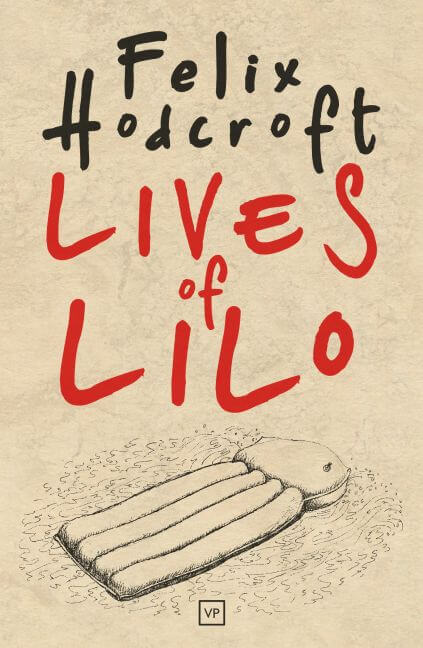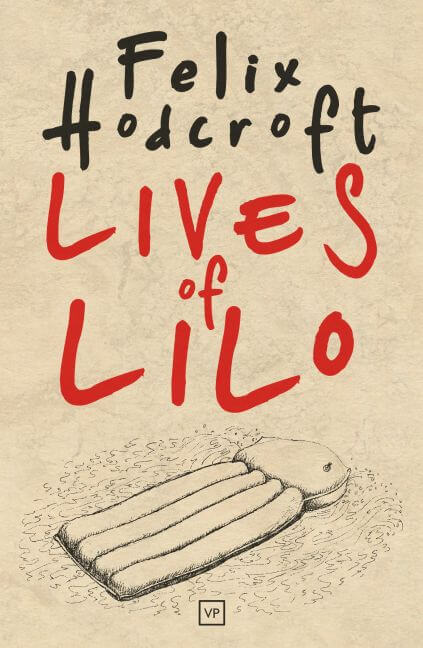Lives of Lilo
Lives of Lilo
Felix Hodcroft
Paperback
Meet Lilo – an inflatable, blue-and-red seaside accessory. Being an inanimate object in a story grounded firmly in reality, Lilo cannot talk, think or make decisions for himself; so when he is blown from the hand of his first owner onto the open sea, his fate (and survival) will be decided by chance. Chance, ocean currents, and the actions – brutal or tender – of the humans and animals whose paths he crosses.
As Lilo joins the huge fleet of flotsam travelling our globe, he becomes the driving force in a narrative which extends across hundreds of years, forwards and backwards in time. Felix Hodcroft’s imaginative, lyrical first novel is written for readers aged eleven to one-hundred-and-eleven; an epic modern fable that provides a sweeping description of the world (or worlds) in which we live, and proves that even a lilo – even the dream, or the memory of a lilo – can have an effect, significant or imperceptible, on the lives of all those it encounters.
Couldn't load pickup availability
Imprint: Valley Press
Published: September 2012
ISBN: 9781908853134
Catalogue no: VP0031
Page count: 218
Trim size: 198 x 129 mm
View full details
Praise for Lives of Lilo:
We have no reviews on file for this book – why not get in touch and send us one?
About the author
Felix Hodcroft is a prolific writer and performer based in Scarborough, North Yorkshire. Manchester-born, Oxford-bred, Felix gained degrees in English Literature and Applied Social Sciences, and worked as a probation officer in Birmingham, Hull and East Yorkshire – after detours into the worlds of civil service and grave digging.
He is the author of Life After Life After Death (2010), a collection of poetry, and Lives of Lilo (2012), a children’s novel with adult appeal, both published by Valley Press. In 2014 he edited the anthology A Pocketful of Windows, sixty-six poems by writers from North and East Yorkshire. Felix was also the editor of It Is I Who Speak, a volume of selected poems by his friend and fellow poet Nigel Gerrans, published in 2015.

